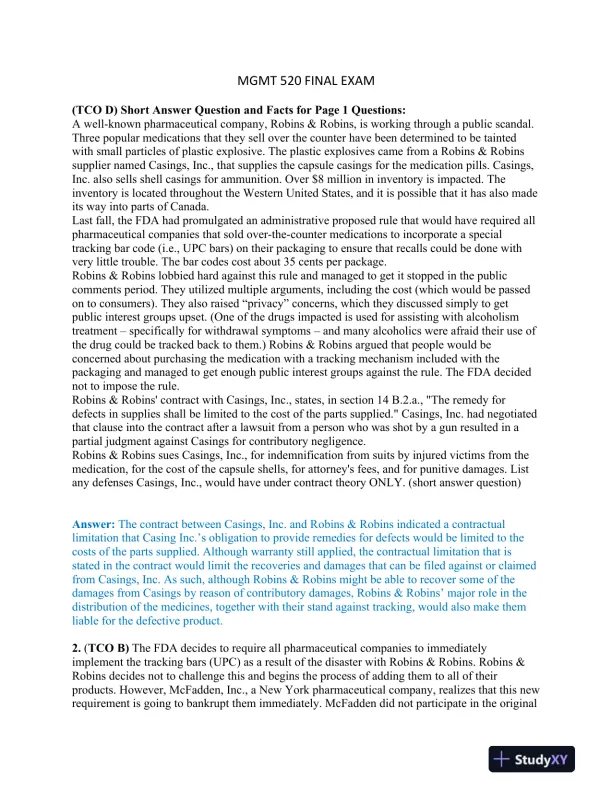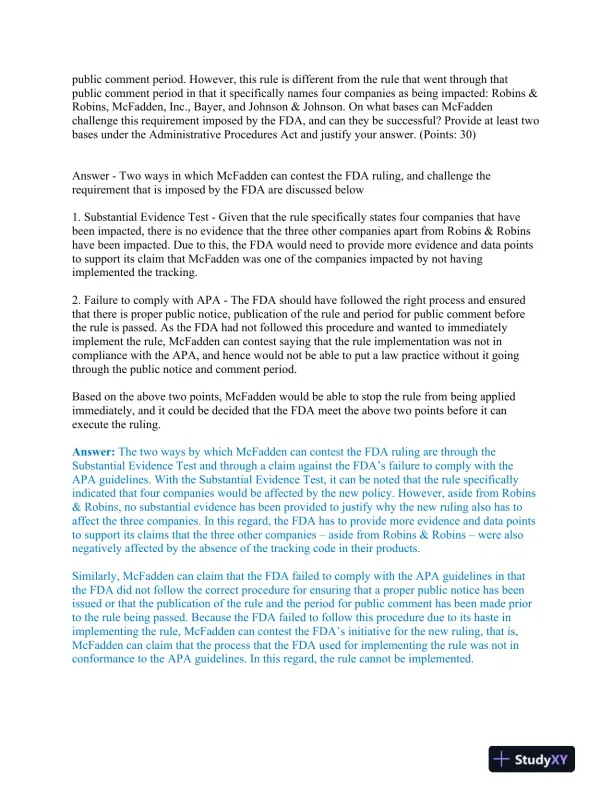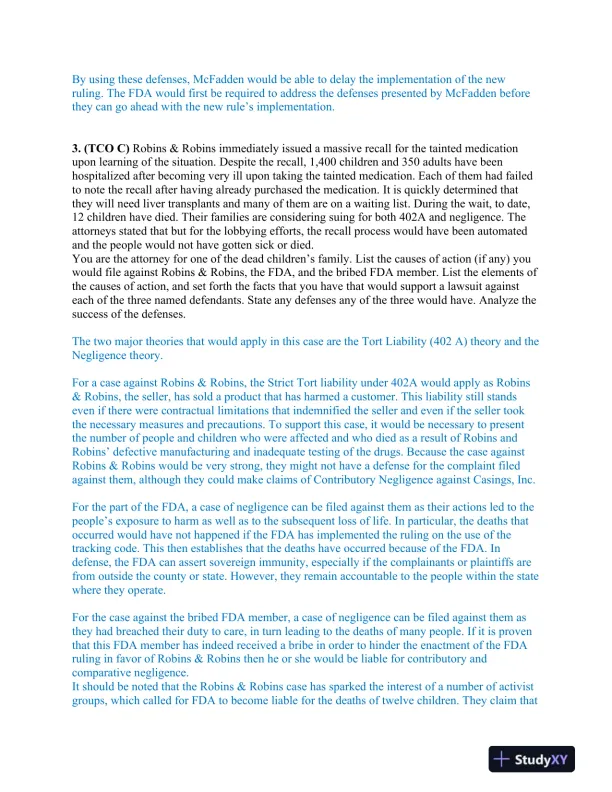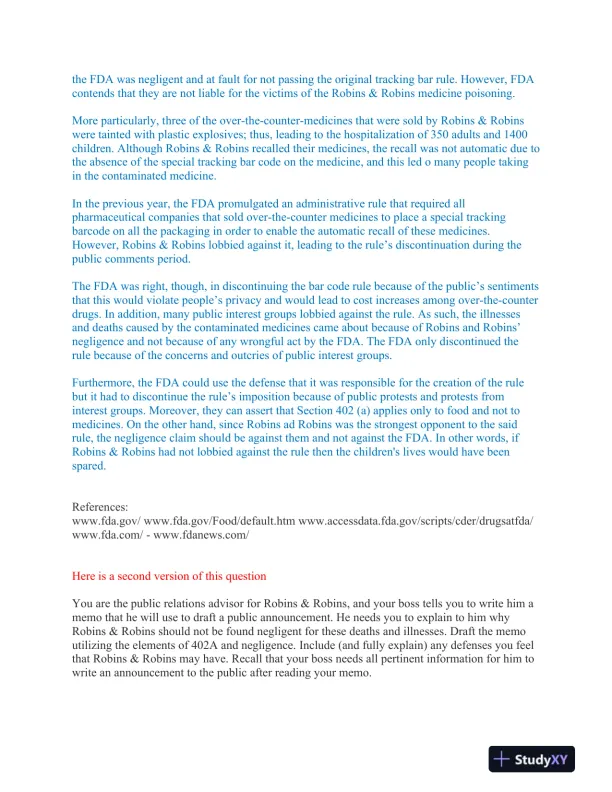Page 1

Loading page image...
Page 2

Loading page image...
Page 3

Loading page image...
Page 4

Loading page image...
Page 5

Loading page image...
A comprehensive final exam on advanced management concepts.
Loading page image...
Loading page image...
Loading page image...
Loading page image...
Loading page image...
This document has 15 pages. Sign in to access the full document!